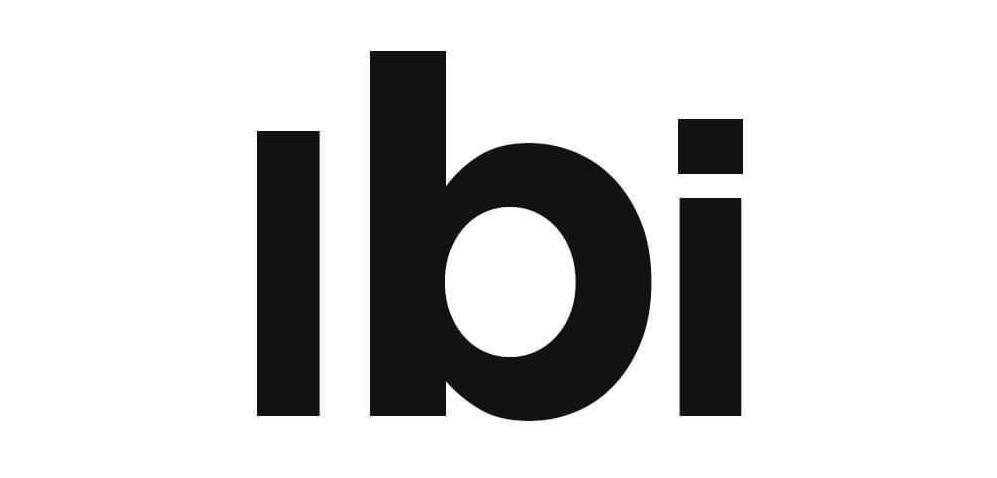The cosmetics business is a thriving industry that encompasses the production, marketing, and distribution of beauty and personal care products. It caters to a diverse range of consumers seeking products to enhance their appearance, maintain skin health, and express their individuality.
Marketing Strategies:
Marketing strategies are the foundation of success in the cosmetics business. Effective marketing involves identifying target audiences, understanding consumer behavior, and developing campaigns that connect products with consumer needs and desires.
Branding in Cosmetics:
Branding in cosmetics is a powerful tool for establishing a unique identity and building trust with consumers. Strong branding communicates a brand’s values, quality, and the promise of delivering beauty products that cater to diverse needs.
Beauty Industry Insights:
Staying informed about beauty industry insights is essential for cosmetics businesses. This involves tracking consumer trends, understanding market dynamics, and identifying opportunities for growth and innovation.
Cosmetic Branding:
Cosmetic branding goes beyond logos and packaging. It’s about creating a strong, recognizable image that connects with consumers on a personal level. Effective branding fosters brand loyalty and distinguishes products in a crowded market.
Product Promotion:
Effective product promotion is key to introducing and gaining recognition for cosmetics in the market. It involves various strategies, including advertising, public relations, and online marketing.
Cosmetic Marketing:
Cosmetic marketing encompasses a range of activities aimed at promoting beauty products to the right audience. It includes defining product positioning, creating marketing campaigns, and managing advertising efforts.
Beauty Product Branding:
Beauty product branding is all about crafting a memorable and meaningful identity for a specific product, ensuring it stands out and resonates with consumers.
Cosmetic Advertising:
Cosmetic advertising is a powerful tool for reaching a broad audience. Effective advertising campaigns showcase the unique benefits of products and create a desire to try them.
Brand Identity:
Brand identity encompasses the visual elements, messaging, and values that make up a cosmetics brand. It creates a cohesive image that connects with consumers on a personal level.
Product Packaging:
Cosmetic product packaging plays a crucial role in attracting consumers and conveying product quality and brand values. Attractive and functional packaging is an essential part of the overall consumer experience.
Marketing Campaigns:
Marketing campaigns are strategic efforts designed to create awareness and demand for specific cosmetics products. These campaigns include a range of promotional activities tailored to the product and target audience.
Product Launches:
Successfully launching new cosmetics products requires careful planning and execution. It involves product positioning, marketing strategies, and generating buzz around the launch.
Influencer Marketing:
Influencer marketing leverages the popularity and credibility of influencers to endorse cosmetics products. Collaborating with influencers can help reach niche audiences and build trust.
Social Media Promotion:
Social media is a powerful platform for promoting cosmetics. It provides an interactive space for sharing product information, engaging with consumers, and building a loyal online community.
Beauty Trends:
Keeping up with beauty trends is vital for staying relevant in the cosmetics business. It involves identifying shifts in consumer preferences, including the demand for natural, organic, or sustainable products.
Product Differentiation:
Product differentiation is about making cosmetics stand out in a competitive market. This can involve unique formulations, special features, or distinctive branding.
Online Marketing:
Online marketing has become increasingly important in the cosmetics business, with e-commerce and digital advertising playing a significant role in product promotion and sales.
Retail Distribution:
Deciding on the right retail distribution channels is crucial for ensuring that cosmetics products reach consumers efficiently and effectively.
Market Competitiveness:
In a competitive market, cosmetics businesses need to consistently improve product quality, branding, and marketing strategies to remain competitive.
Luxury Branding:
Luxury branding in cosmetics involves creating a perception of exclusivity and exceptional quality. Luxury brands often focus on premium ingredients, packaging, and customer experiences.
Cosmetic Retailing:
Retailing cosmetics involves careful inventory management, product displays, and sales strategies in physical and online stores.
Beauty Product Packaging:
Packaging is a critical part of the consumer experience, and creating appealing and functional packaging can significantly impact sales and brand perception.
Digital Marketing:
Digital marketing is a broad field that includes website optimization, email marketing, online advertising, and social media promotion to reach a wider online audience.
Marketing Metrics:
Measuring the performance of marketing campaigns and tracking key metrics helps businesses gauge the effectiveness of their strategies and make necessary adjustments.
Cosmetic Industry Challenges:
Overcoming challenges in the cosmetics industry, such as changing consumer preferences, ingredient sourcing, and regulatory compliance, is essential for long-term success.
Global Market Expansion:
Expanding into global markets provides opportunities for growth and increased market share, but it also requires an understanding of different consumer needs and market dynamics.
Beauty Branding Success:
Successful beauty branding goes beyond the superficial and builds deep connections with consumers, earning their trust and loyalty.
Cosmetic Market Growth:
The growth of the cosmetic market is driven by consumer demand for innovative and high-quality products that cater to their beauty needs and preferences.











